The AI Industry: A Quantum Leap Beyond the Automotive Era
In the grand theater of technological evolution, two industries stand as colossal pillars: the automotive industry, which once fueled the 20th century’s economic engine, and the burgeoning AI (Artificial Intelligence) industry, poised to redefine our very existence. While the automotive sector has left tire tracks across history, the AI industry is scripting a new narrative—one that transcends mere transportation and reshapes the fabric of our society.
The Rise of the Automotive Industry
The automotive industry, with its roaring engines and gleaming chrome, epitomized progress. From Henry Ford’s assembly line to the muscle cars of the ’60s, it was a symphony of innovation and employment. Factories hummed, workers tightened bolts, and entire communities thrived on the promise of the automobile. Jobs multiplied like rabbits, and the assembly line became the heartbeat of prosperity.
But let’s fast-forward to the present. The automotive industry still thrives, but its symphony has shifted. Automation has replaced many manual tasks, and the once bustling factories now echo with the hum of robots. The promise of electric and autonomous vehicles looms large, promising cleaner skies and safer roads—but also fewer jobs. The automotive industry, while adapting, faces a paradox: technological advancement brings efficiency but often at the cost of human employment.
Enter the AI Industry: A Revolution in Code
Now, let’s pivot to the AI industry—a realm where silicon neurons fire, algorithms dance, and data flows like a digital river. Unlike the automotive industry, AI doesn’t manufacture physical objects; it crafts intelligence itself. Here’s why the AI industry dwarfs its automotive predecessor:
1. The Intangibility Advantage
AI doesn’t need factories or assembly lines. It thrives in the ether of code, existing as software, neural networks, and quantum algorithms. Its factories are data centers, humming with servers and GPUs. The intangibility of AI means it can scale infinitely without the constraints of physical space. While the automotive industry grapples with real estate, AI sprawls across the cloud.
2. The Labor Paradox
Whereas the automotive industry once provided jobs, the AI industry operates on a different plane. It’s a paradoxical dance: AI creates jobs in research, development, and implementation, yet simultaneously threatens traditional roles. As AI becomes more intelligent, it automates tasks—everything from data entry to complex decision-making. The same algorithms that diagnose diseases can also predict stock market trends. The result? Efficiency, but also displacement.
3. The Cognitive Revolution
The automotive industry’s prowess lies in mechanical engineering. AI, however, transcends gears and pistons. It mimics cognition—the very essence of human thought. Natural Language Processing (NLP) allows AI to converse, analyze sentiment, and write poetry. Computer Vision deciphers images, recognizing faces and detecting anomalies. Machine Learning learns from data, evolving without human intervention. The AI industry isn’t just about automation; it’s about cognition.
4. The Ecosystem Effect
AI isn’t an isolated industry; it’s an ecosystem. It infiltrates healthcare, finance, logistics, entertainment, and more. Chatbots handle customer queries, recommendation engines personalize content, and self-driving cars navigate our streets. The ripple effect is profound: AI spawns startups, fuels research, and transforms existing businesses. It’s not a single car on the road; it’s the entire traffic system.
5. The Ethical Quandaries
As AI evolves, so do ethical questions. Bias in algorithms, privacy concerns, and the fear of a sentient AI uprising—all demand our attention. The automotive industry never grappled with the morality of a car’s decisions; AI forces us to confront our own creation. The AI industry isn’t just about code; it’s about ethics, transparency, and responsible innovation.
The Road Ahead
So, will the AI industry render humans obsolete? Not entirely. It will redefine work, necessitating a shift from repetitive tasks to creative problem-solving. We’ll become AI’s co-pilots, guiding its trajectory. The automotive industry provided mobility; the AI industry provides cognition. It’s not about replacing jobs; it’s about reimagining them.
As AI becomes more capable, we must steer its course with wisdom. Let’s harness its power to solve global challenges, from climate change to healthcare. Let’s build an AI-driven future that doesn’t leave anyone behind—a future where the symphony of progress plays on, even if the instruments change.
So, buckle up, fellow travelers. The road ahead isn’t just asphalt; it’s lines of code, neural pathways, and quantum leaps. The AI industry awaits, and its journey is nothing short of extraordinary.

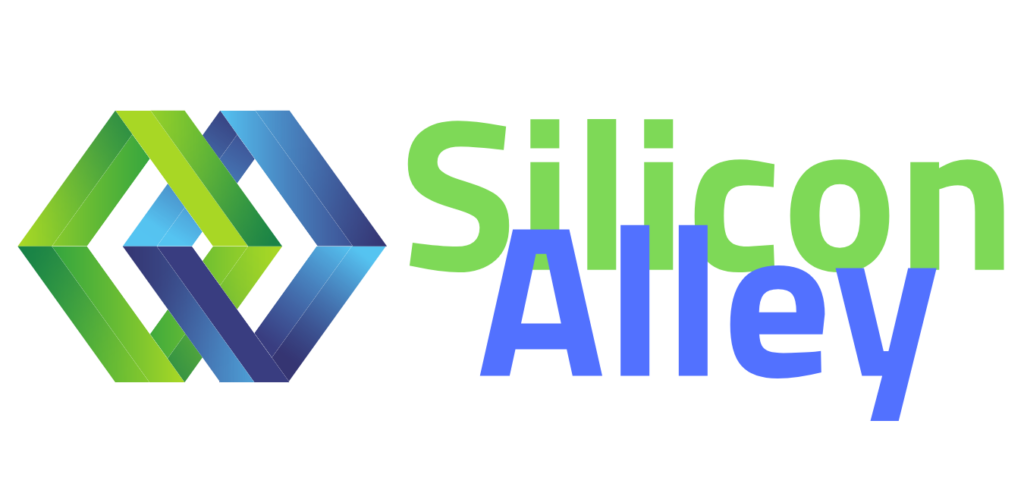



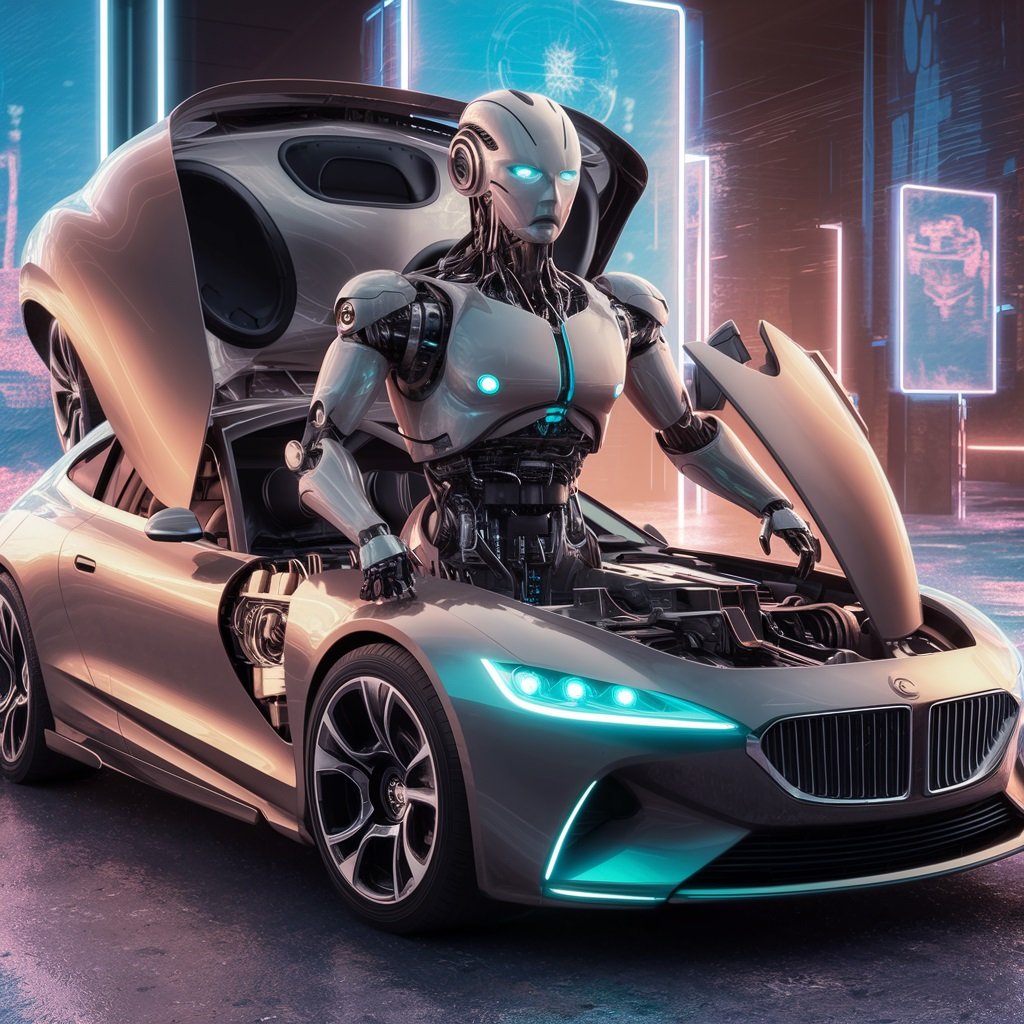

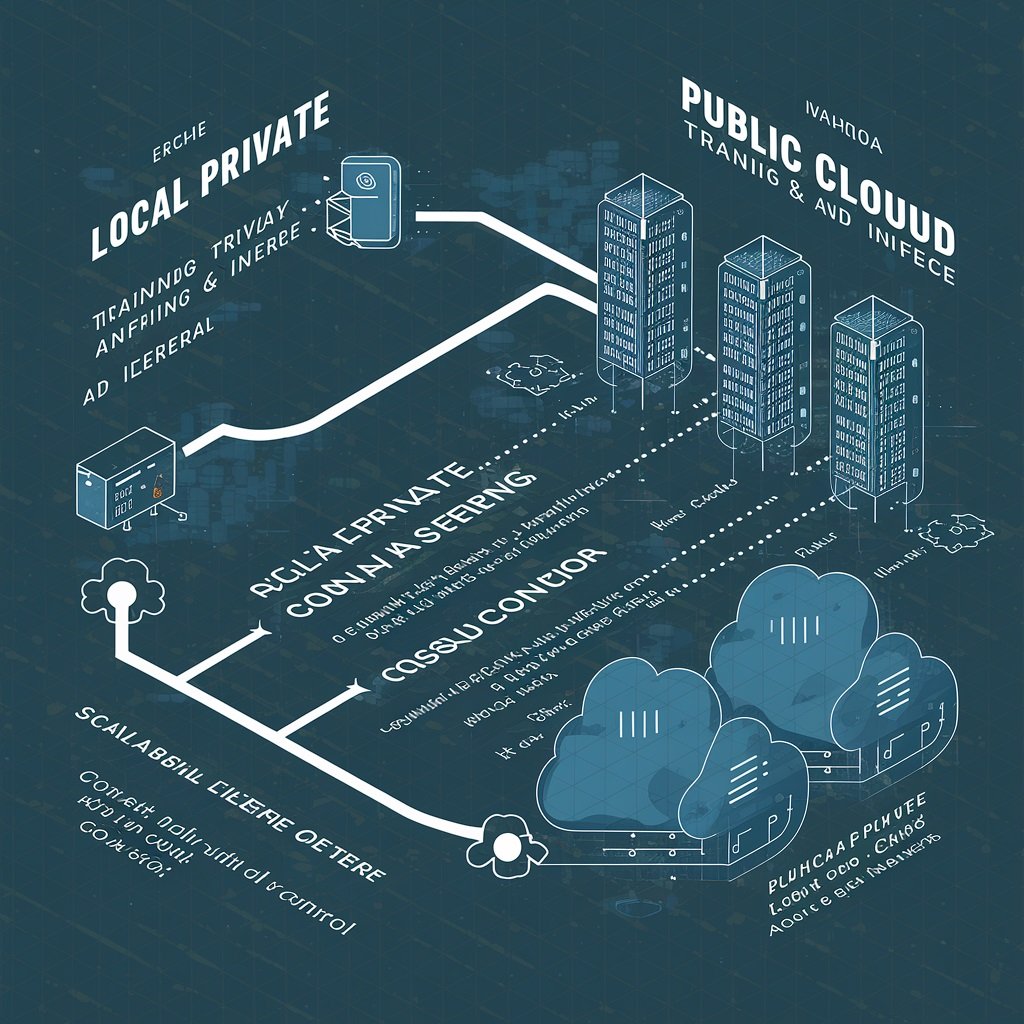
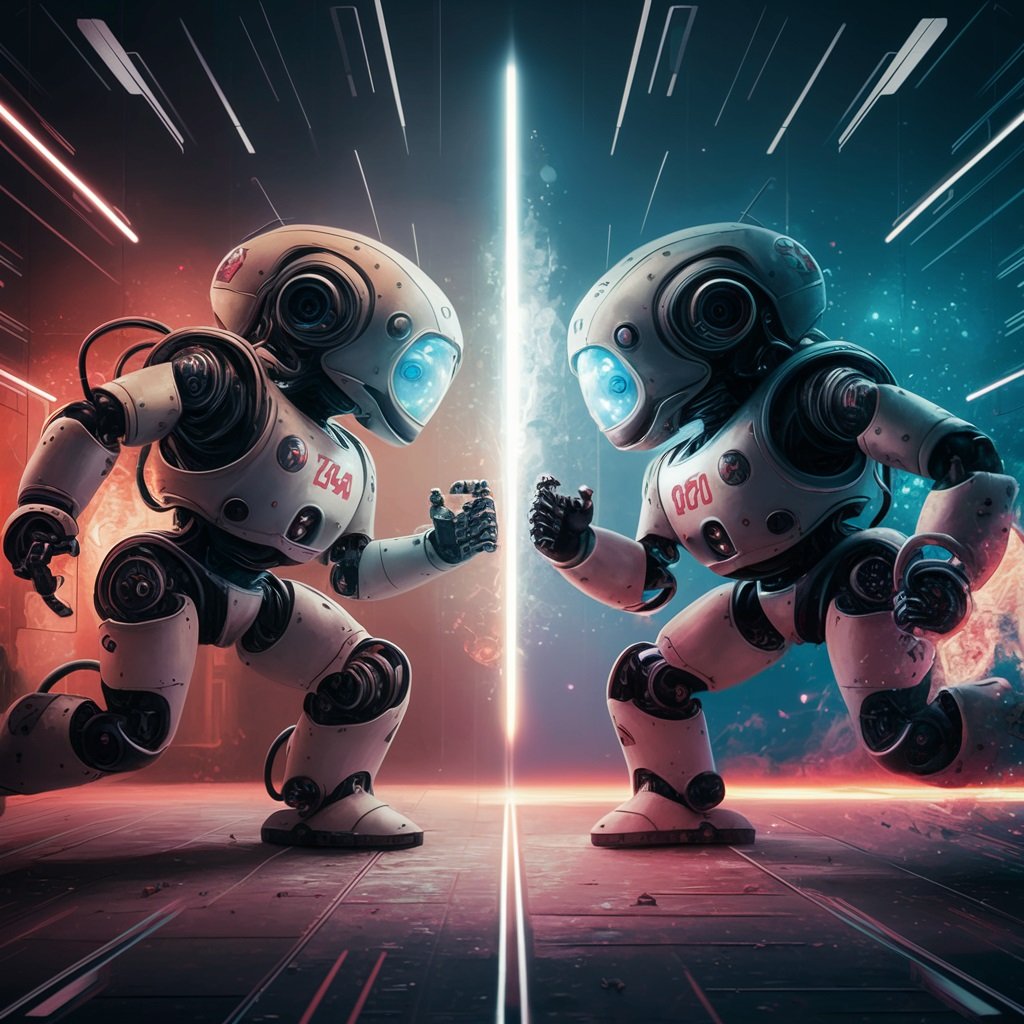
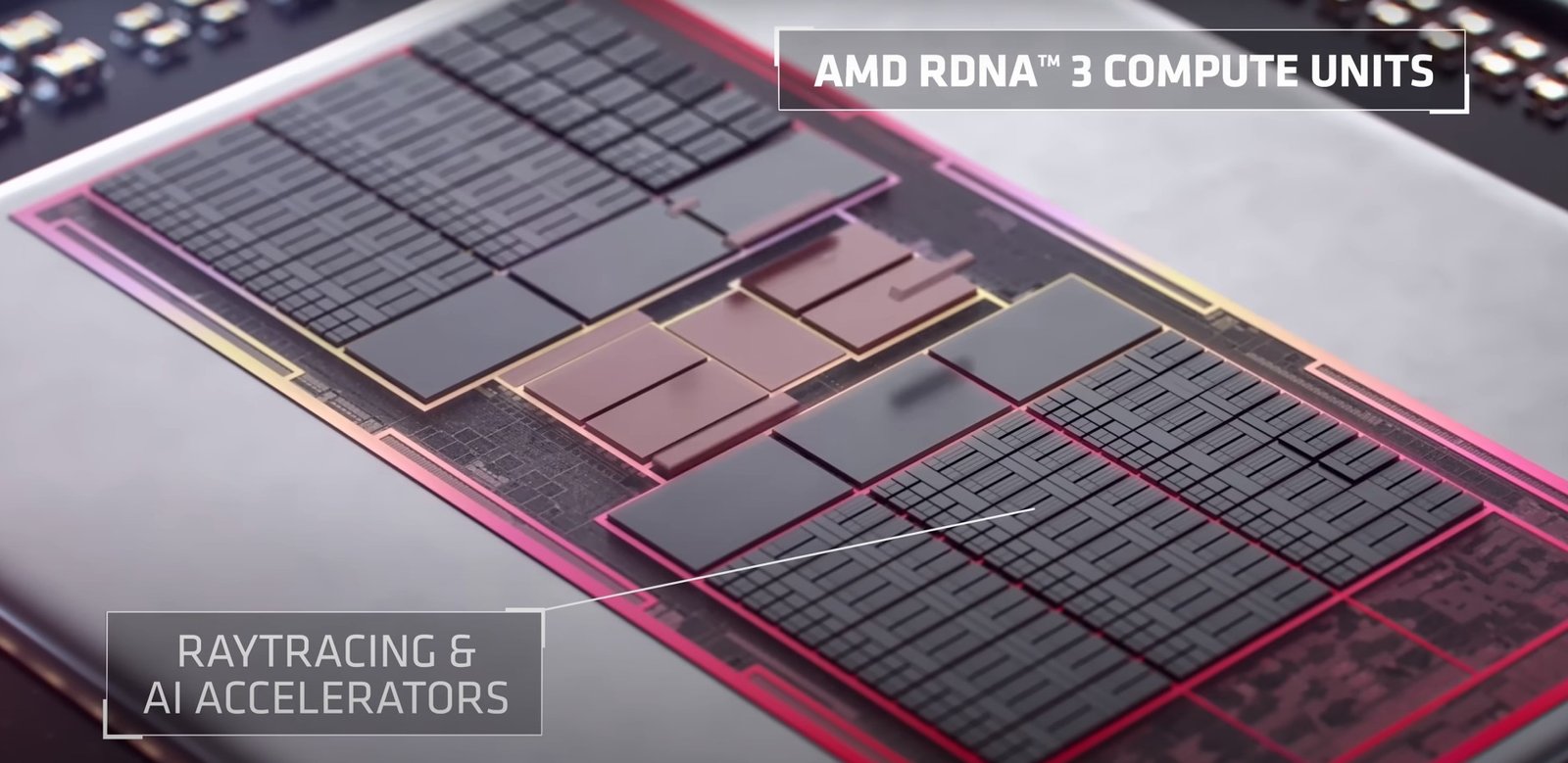
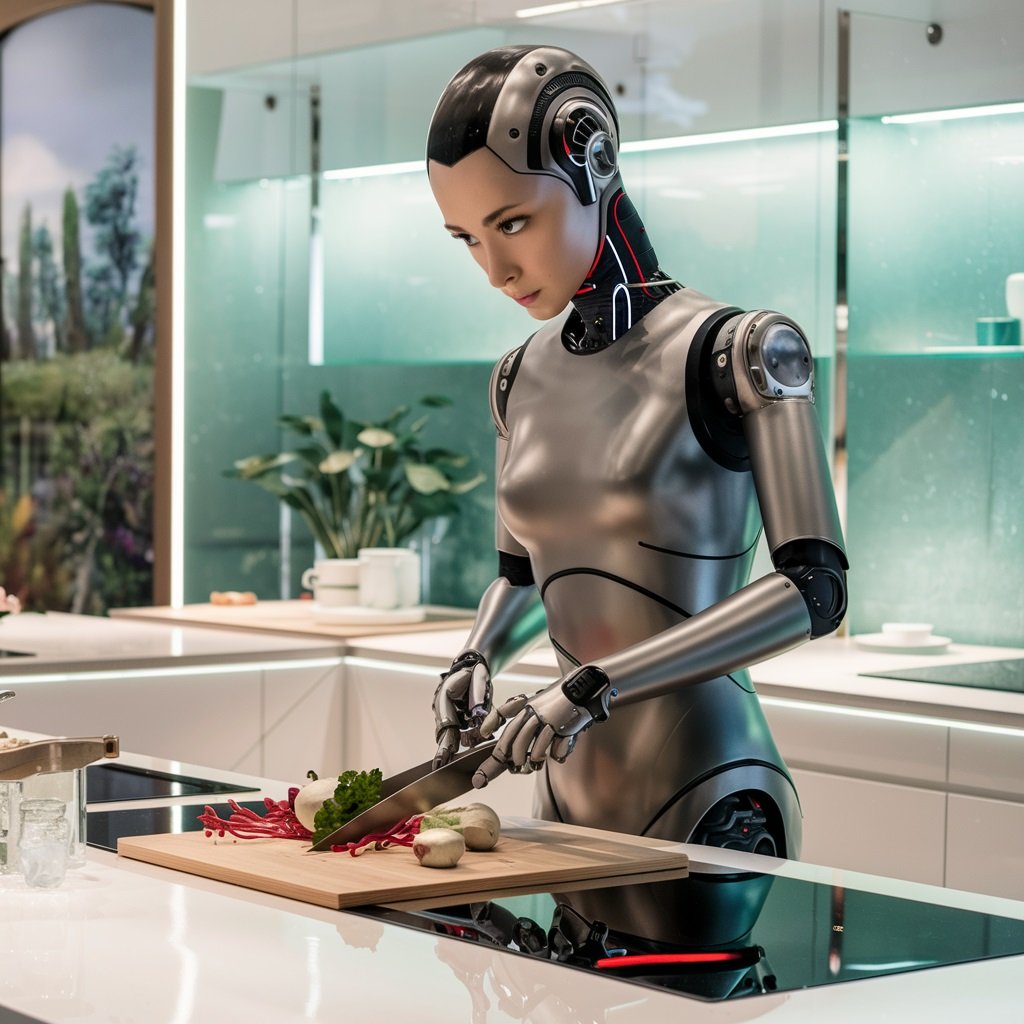
Leave a Reply